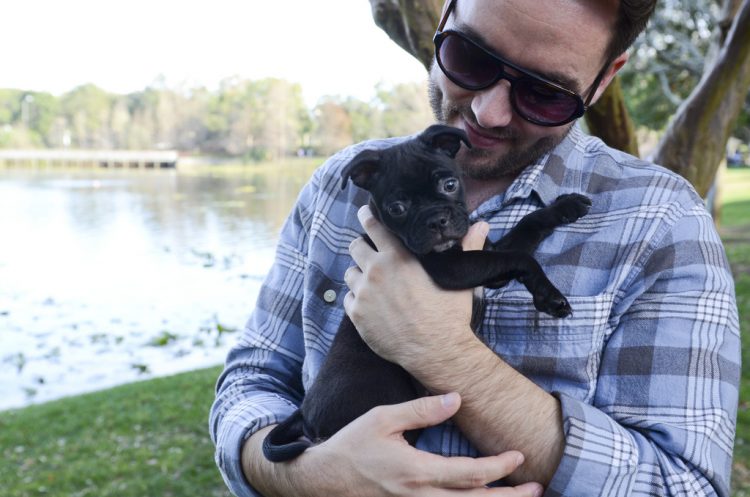
Stray dogs routinely find themselves in the care of animal shelters. There, the dogs are examined, photographed and advertised by shelter workers as found.
These dogs are often happily reunited with their families. But sometimes they are never reclaimed and go up for adoption.
And in some rare circumstances, strays are adopted into new families and only afterward do their previous families come forward to reclaim their dogs.
How Shelters Manage Stray Pets
Animal shelters are obliged to reunite stray pets with their families, if possible. This requires:
- Checking lost ads or posting found ads in newspapers or online
- Trying to make a match with an internal database of lost pets
- Posting photos and information on social media
Aside from a shelter’s policies, following certain protocols may be legally required when managing stray dogs, particularly if the shelter is receiving government funding, is enrolled in a stray program or has a contract to care for county stray animals.
This protocol usually includes a mandatory hold period and, depending on the condition of the pet, extensive medical care.
Stray Animal Hold
The mandatory stray hold is the amount of time a shelter must keep stray dogs before making them available for adoption, transferring them to another rescue or, in extreme situations, euthanizing them.
The hold time varies depending on the state and region, varying from a required 24 hours to even 10 days. In Chicago, for example, stray pets with no identification “must be kept at the facility for only 3 days.”
Shelters can extend these holds at their discretion. Dogs who clearly have caretakers — as evidenced by recent grooming or collars — are sometimes placed on an extended hold while shelter staff tries to locate the families.
If strays aren’t reclaimed, they might go up for adoption with new names and a fresh start at a new life.

Adopting vs. Buying
When you buy a dog, you are his first caretaker — aside from the store clerks or breeders. He has never been someone’s pet before.
When you adopt an adult dog, however, that dog was most likely part of a family’s household before. The shelter will try to give you as much information as possible about his last home, answering questions such as:
- Did he live with children?
- Did he live with other pets?
- Does he have allergies?
- Is he trained?
- Does he bark?
If you’re adopting a stray, then the shelter staff members’ knowledge of Buster is probably limited to their own experiences with him.
If Someone Wants Their Dog Back
It’s rare, but sometimes the stray dog you’ve adopted has a previous caretaker who wants Buster back. This is a complicated situation that requires some serious consideration.
Circumstances that lead to this situation can include:
- Buster’s previous family was unfamiliar with the animal shelter and didn’t check for him there.
- The animal shelter didn’t hold Buster long enough for his family to find him.
- The animal shelter didn’t adequately monitor lost pet ads.
- Buster’s previous family didn’t post a missing ad.
- The shelter didn’t post a found ad.
Discovering how Buster’s current situation came to pass could help you decide how best to handle these difficult circumstances.
When missing dog reunions go right, it’s a wonderful thing to see:

Legal Rights and Moral Obligations
Sadly, if Buster’s previous family requests his return, you probably have a moral obligation to give him back. This is especially true if his previous family wasn’t at fault for not reuniting with Buster.
However, if you’re not convinced of the sincerity or responsibility of Buster’s previous caretaker, seeking legal advice isn’t such a bad idea.
If you adopted Buster from a shelter, then you have a contract giving you legal ownership of him (as distasteful of a term “ownership” is when referring to our furry kids). As long as the shelter followed local laws regarding stray hold times, you will likely have legal claim to Buster if his previous family demands his return.
Though it’s rare, stray dogs are sometimes adopted out even when their families are still looking for them. It can be a heartbreaking situation, but if you find yourself having just adopted a dog who is someone else’s pet, try putting yourself in the shoes of that pup’s previous family to help you make the right decision.


